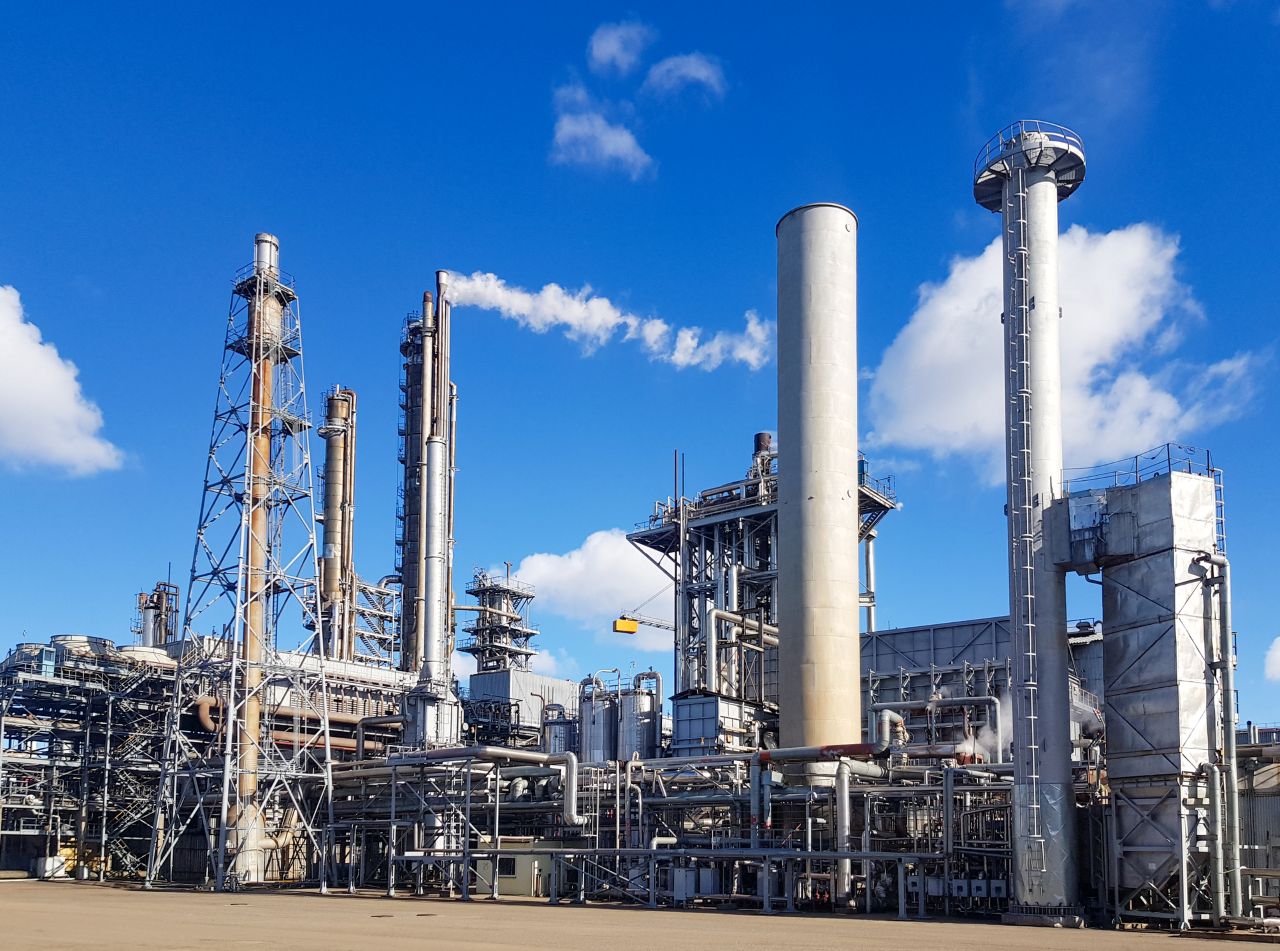Ten long-delayed LNG export terminals could lose approvals under new policy

The U.S. Department of Energy (DOE) recently announced that it is cracking down on requests by companies to push back start dates for liquefied natural gas (LNG) export terminals. The change could mean that 10 long-delayed LNG projects must either start construction soon – or have their permits expire.
In a policy statement published April 21, the DOE said that it will no longer consider applications for extensions to the current deadline of seven years between when a company receives government permits to export LNG and when exports must actually begin, or risk losing their permit approvals. The exception, under the DOE policy, is if companies can prove that they have begun construction and that their inability to comply with the deadline is the result of “extenuating circumstances” outside of their control. Along with the policy statement, the DOE denied an extension request for the Lake Charles LNG terminal in Louisiana, and approved another request for the Port Arthur LNG terminal in Texas.
The new policy puts renewed pressure on 10 long-delayed U.S. LNG export terminal projects (four in Texas, four in Louisiana, and one each in Mississippi and Arkansas) that have failed to secure the financial backing necessary to move forward with construction.
All ten of these projects have already received multiple construction extensions from state agencies and the Federal Energy Regulatory Commission, and three have already been issued export extensions by the DOE. Another four projects are currently under construction but might have to pick up the pace to meet the seven year deadline by which exports must begin, or risk having their permits expire.
A wave of 31 LNG export terminals have been proposed in the U.S. over the last few years, and all but four of these projects—some of which were approved as far back as 2016—are still in the planning stages. Some experts have questioned whether the market can bear the large number of proposed projects, and whether so many LNG export terminals would drive up natural gas prices for American businesses and consumers.
The U.S. would have to export nearly 60 percent of the gas it produces to support all the gas export facilities proposed over the next decade.
The new DOE policy will allow the agency to better assess whether new applications to export LNG to countries with which the U.S. has not entered into a free trade agreement are in the public interest. The U.S. has free trade agreements in force with 20 countries. But if companies want to export LNG to the rest of the world—including coveted Asian markets that represent the bulk of future energy demand—they must obtain special approval from the DOE and allow for public input in response to the application.
The new policy will also “provide more certainty to the U.S. and global LNG export markets; and ensure that DOE is making decisions utilizing the latest market information and analytical tools available,” according to the department. Finally, the policy could help newer LNG projects compete in an oversaturated market, including those that use newer technology and are committed to adopting better environmental practices.
Lead photo: The LNG ship Flex Endeavor. Photo by Kees Torn.














